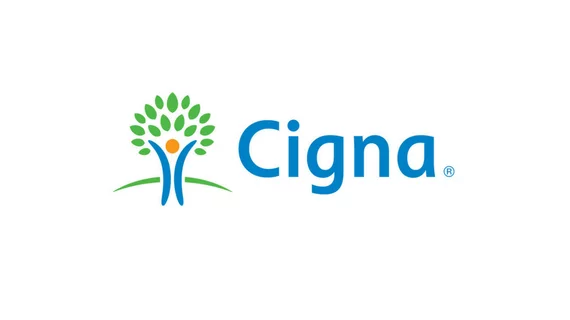Cigna, Express Scripts close $67B merger
After a delay, Cigna has closed its $67 billion acquisition of Express Scripts, the company confirmed on Dec. 20. The closure was expected after Cigna received approval from New Jersey––the final holdout in approving the deal––the prior day.
The deal, one of the largest in the healthcare space in 2018, brings together a major health insurance provider with a pharmacy benefit manager.
Cigna CEO and President David Cordani touted the new company’s approach to healthcare and its potential impact on consumers.
“Together, we are establishing a blueprint for personalized, whole person healthcare, further enhancing our ability to put the customer at the center of all we do by creating a flexible, open and connected model that improves affordability, choice and predictability,” Cordani said in a statement.
In addition to closing the deal, Cigna announced a $200 million investment in its charitable foundation and communities, as well as the launch of a community engagement program focused on the well-being of children called Healthier Kids for Our Future.
“By approaching each individual as a whole person––body and mind as one––we are empowering and supporting customers to take control of their total health and well-being,” Cordani said. “As a combined company, we are also going deeper into our local communities to help close gaps in care, and our $200 million investment will be a key driver of transforming health care at the societal and local levels.”
The Healthier Kids initiative specifically takes aim at childhood hunger and food insecurity, which can have a significant impact on short- and long-term health, according to Cigna.

